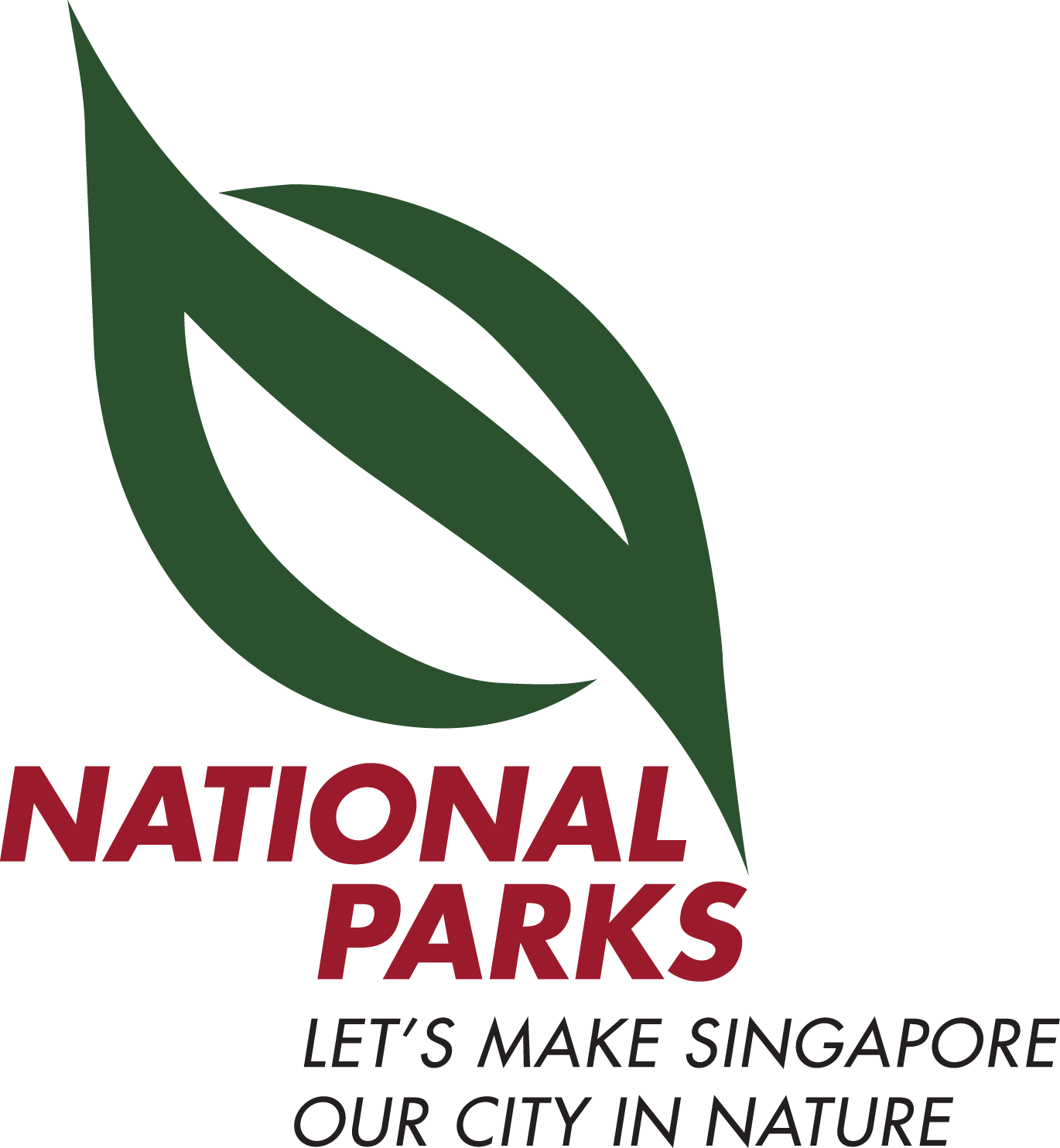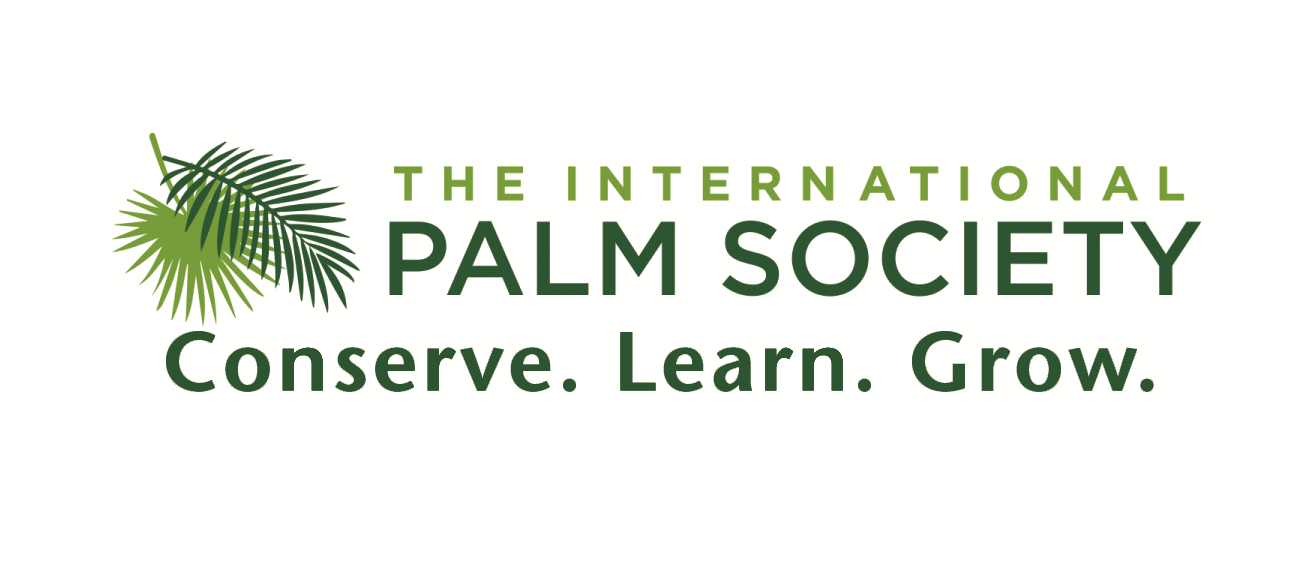This symposium hopes to bring together an international community of researchers, conservation practitioners and horticulturists to share the latest advances in palm biology and research. From systematics and species discoveries to landscape management and the conservation of threatened taxa, the World Palm Symposium will showcase the breadth of work being carried out across the globe on one of the world’s most iconic and ecologically significant plant families.
We look forward to fostering new collaborations, engaging with emerging research, and celebrating the diversity and importance of palms in natural and managed ecosystems. With Singapore’s rich botanical heritage and commitment to urban greening and biodiversity, the setting offers an inspiring backdrop for both scientific exchange and field exploration.
We warmly invite you to join us in Singapore in 2026.

The global palm biology community has a highly collaborative culture and meeting together to share our passion for these amazing plants is in our DNA. The earliest international meetings on palm biology were smaller affairs relative to recent World Palm Symposia, but set the tone for all that has followed. Key among these were a symposium at the 1986 Annual Meeting of the Society for Economic Botany, soon followed by a meeting at the L.H. Bailey Hortorium at Cornell University in June 1987, to mark the publication of the first edition of Genera Palmarum that year. In June 1997, the New York Botanical Garden hosted a meeting entitled “Evolution, Variation, and Classification of Palms” at which 28 palm scientists came together. A few years later, the European Network of Palm Scientists was formed, establishing a rhythm of informal, annual meetings in a different European location every year, typically with 20 to 50 participants each, which continues to this day. The positive impact on collaboration and integration of palm research due to interactions at EUNOPS cannot be overstated, but while many from outside Europe joined at times, the need for international contact remained. For this reason the first International Symposium on the Biology of the Palm Family (later dubbed the “World Palm Symposium”) was organised in London by the Royal Botanic Gardens, Kew and the Linnean Society, marking the start of much larger, open meetings with more than 100 attendees each time. The World Palm Symposium has since been held every five years, in May 2010 in Montpellier, France, in June 2015 in Montenegro, Quindío, Colombia and, delayed by one year due to Covid-19, in June 2021 in Rio de Janeiro as a hybrid meeting. Each meeting has been unique, but all have triumphed in bringing our community together to foster new links and collaboration. The torch now passes to Singapore where that same spirit will be championed once again.








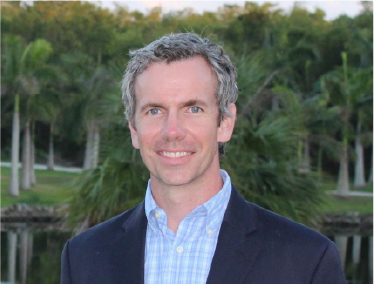






The National University of Singapore (NUS) is Singapore’s flagship university, which offers a global approach to education, research and entrepreneurship, with a focus on Asian perspectives and expertise. We have 16 colleges, faculties and schools across three campuses in Singapore, with more than 40,000 students from 100 countries enriching our vibrant and diverse campus community. We have also established more than 20 NUS Overseas Colleges entrepreneurial hubs around the world.
Our multidisciplinary and real-world approach to education, research and entrepreneurship enables us to work closely with industry, governments and academia to address crucial and complex issues relevant to Asia and the world. Researchers in our faculties, research centres of excellence, corporate labs and more than 30 university-level research institutes focus on themes that include energy; environmental and urban sustainability; treatment and prevention of diseases; active ageing; advanced materials; risk management and resilience of financial systems; Asian studies; and Smart Nation capabilities such as artificial intelligence, data science, operations research and cybersecurity.
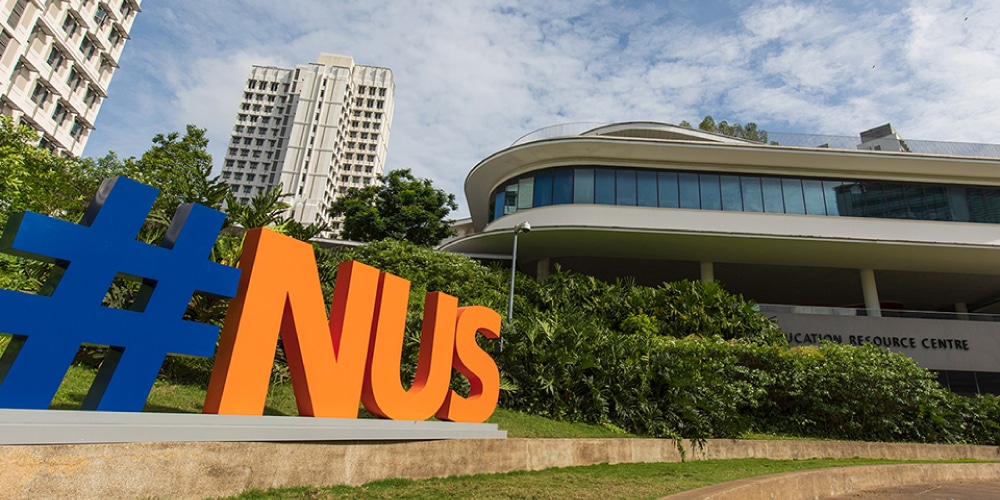
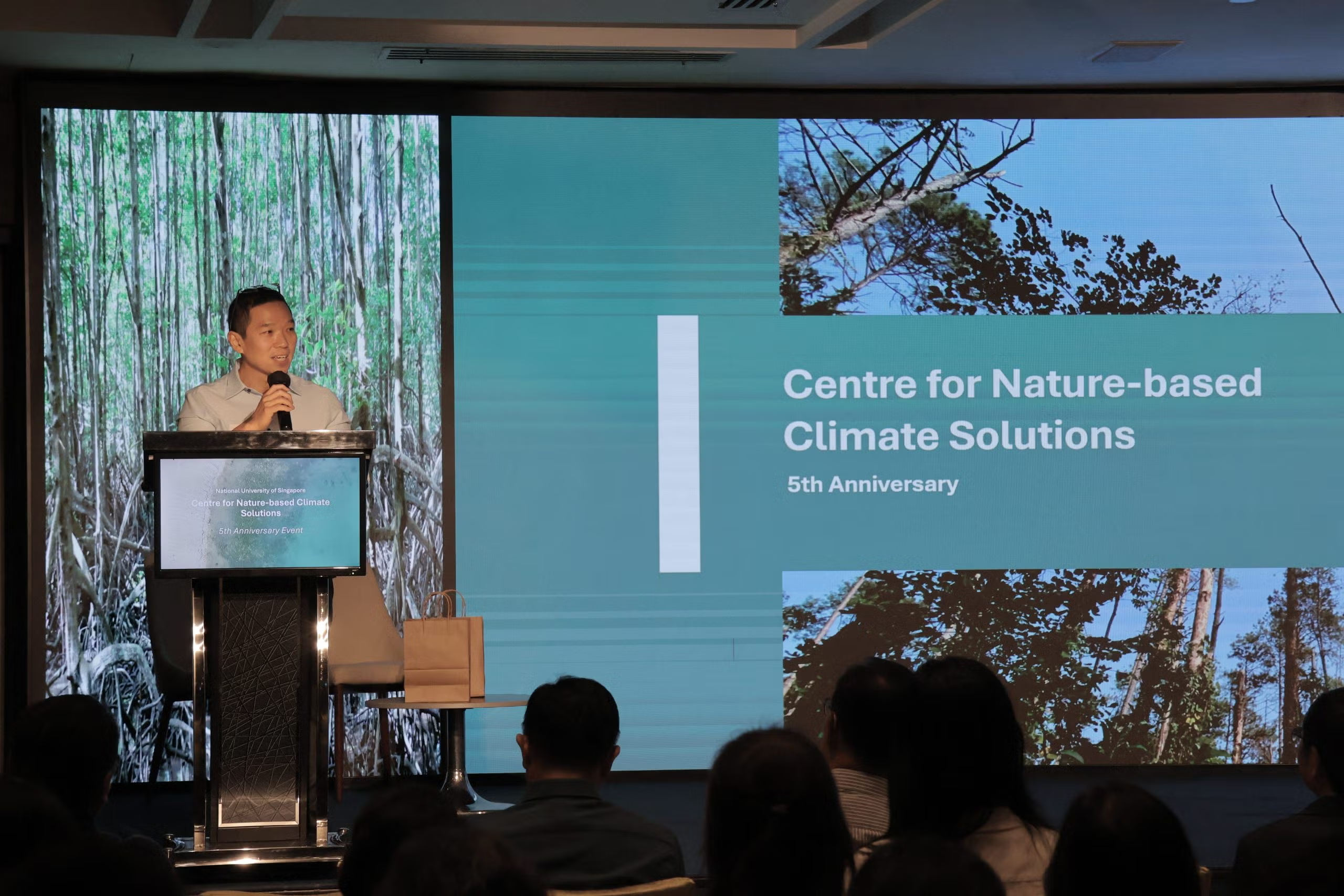
The NUS Centre for Nature-based Climate Solutions is a research centre dedicated to advancing science-based strategies that harness the power of nature to address climate change. Through rigorous inquiry and exploration, innovative tools, and collaborations across Southeast Asia, our work aims to conserve nature and drive real-world uptake for policies shaped by science. We seek to turn nature into a central part of the climate solution—grounded in evidence and scaled for action.
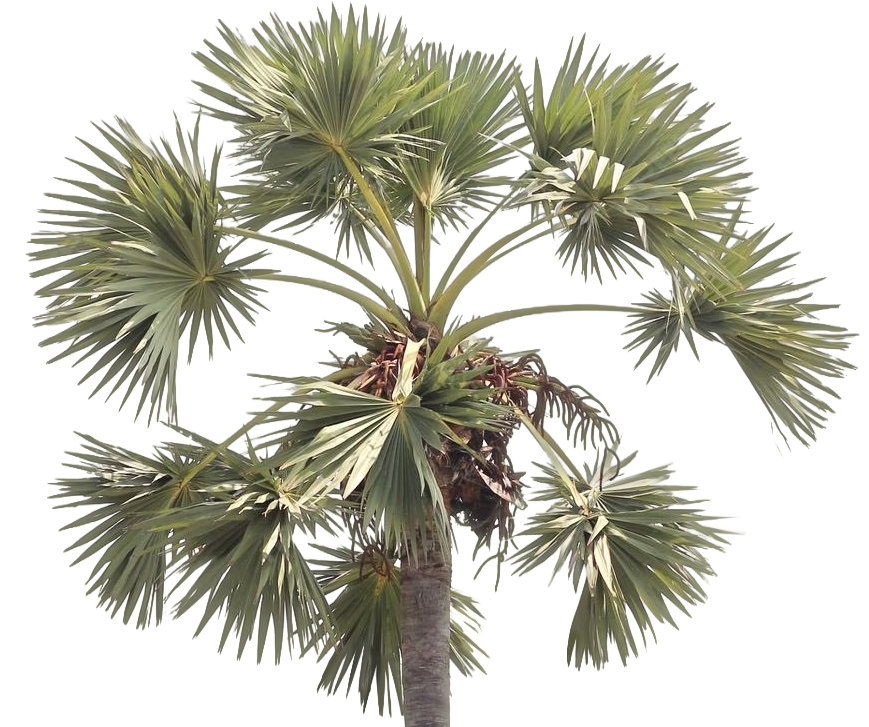
(Presenters must register by this date to secure their presentation slot)

